Standard of education under scrutiny

SHARE THIS PAGE!
By Neo Kolane
The standard of education in Lesotho has once again come under the spotlight, with renewed calls for a review and overhaul of both primary and high school curricula, which stakeholders feel are the major cause of the decline in pass rates.
This emerged in the wake of the recent publishing of the 2023 Lesotho General Certificate of Secondary Education (LGCSE) results, which show a modest overall pass rate of 53.1 percent.
According to the Examinations Council of Lesotho (ECOL), the overall pass rate in 2022 was 47.3 percent, while in 2021 it was 54.1 and in 63.7 percent in 2020.
This downward trajectory in the past few years is a direct result of the introduction of the new curriculum in 2017, according to Lesotho Association of Teachers secretary-general Letsatsi Ntsibolane.
The new curriculum was introduced with the aim of making examinations relevant to the Lesotho context. It was a shift in education policy intentions from an ‘undemocratic and examination-oriented education system’ to a more process-oriented curriculum, with a greater integration of assessment with teaching and learning.
In an interview with theReporter this week, Ntsibolane said the country has been performing badly and there’s an array of factors at play.
He mentioned that a critical shortage of facilities and educational resources in schools, especially at free primary, also contributes to poor educational quality.
“Education is free at primary, then at high school level it is not, this means a lot of students are left behind even those who had the capacity to pass, because there is no money,” Ntsibolane said.
He noted that the advent of the new curriculum across board was coupled with a strike by teachers and effects of the COVID-19 pandemic.
“The industrial action of teachers which started in 2018 and ended up in September 2019, followed by a series of demonstrations, resulted in learners missing out on lessons.
“The COVID-19 which began in 2020 also exposed our education system, that it was not resilient at all,” he said.
Ntsibolane said what needs to be taken note of is that students who wrote the current final examinations were affected by both COVID-19 and the strike.
He was however, confident that if implemented properly, the new integrated curriculum is one of the best in the world because it is a learner-centered curriculum where the teacher is a facilitator.
“With this curriculum, a teacher is able to accommodate every student so as to guide, with not more than 35 students in a classroom. The teacher has to have an assistant who deals with remedial works, hence chances of students failing will be lowered.
“However, the curriculum is overloaded with unnecessary and irrelevant content that wastes students’ time, and does not help students become creative but rather use their memory. It is not easy for a student to memorize a subject, bearing in mind that Lesotho ‘killed’ grade 7 examinations where students were assessed to see whether they are able to proceed to the next level.
“On top of that, grade 12 was also abolished and, taking into account that the student is already loaded with information from primary, this leads to a level of difficulty in the subject. Lesotho’s education is wasteful; grades 7 and 11 certificates are useless if this curriculum is anything to go by, and it is waste of money and time to have thousands of learners who cannot proceed to university,” Ntsibolane pointed out.
He indicated that some secondary schools consistently produce good Grade 12 results, citing Leribe English Medium School.
For her part, the principal of Lesotho High School, ‘Matiisetso Ramothamo, said all hands need to be on deck if the performance of students is to improve, especially given the fact that under the new dispensation students are no longer assessed by ECOL like in the past.
Ramothamo said nowadays, students only study when they know they are going to be assessed.
“It is important that parents, teachers and students all play their part in order for the quality of our education to improve. They need to understand one another.
“The old grade 7 examinations need to be brought back; students must be assessed so that they can pull up their socks. The abolition of grade 7 exams has increased the work load at high school level. When parents take the initiative and demonstrate active interest in their children’s school performance, it is easy for students to excel,” he reasoned.
Local independent mass-based social movement, Section 2 has joined the growing chorus of criticism of Lesotho’s standard of education.
In a January 19 2024 statement, SECTION 2 said the 2023 LGCSE results are not just disappointing, but rather a testament to the systematic failure of an educational apparatus that is meant to empower the youth.
The leading district, Mafeteng, boasting a 57.9 percent pass rate, should be a source of shame and not pride, it noted.
“A leading district is supposed to command an 80 percent or above success rate, not hover around mediocrity. Consider this stark reality: in Mafeteng, less than six out of every 10 students managed to pass their examinations. The remaining four are left in the cold, facing a future plagued by unemployment, potential criminality, and the bitter taste of shattered dreams,” the statement read.
“SECTION 2 refuses to accept this state of affairs and demands a revolutionary shifting the education paradigm. We say the government must not merely offer lip service but take immediate, radical action to rectify this egregious injustice.
“We also call upon the government to implement comprehensive reforms, not just superficial solutions, rethink education policies, invest in teachers, revamp the curricula, and create an environment that nurtures intellectual growth,” it further showed.
A lecturer in the National University of Lesotho’s faculty of education, Dr ‘Malephoto Lephoto said the development of each and every society, socially, economically and environmentally, and the flourishing of communities, depends on education.
Dr Lephoto said this is because the role of education is not only to grow people intellectually, but also to develop character which is crucial for co-existence.
“Policy makers and all stakeholders in education should rethink and relook into what could be done to improve the situation.
“The root cause should be identified why the education system is declining, when found, then solutions will arise.
“I cannot say the education standard has declined, looking at 2023 LGCSE results only; it has in fact been building up,” she said.
During the announcement of the results, the minister of education and training, Professor Ntoi Rapapa said 18 335 students sat for the examinations in 2023, a decline from 27 474 in 2022.
He said this is because 2023 is the first time that they only had Grade 11 students unlike in 2022 where they had Grade 11’s and Form E’s. Rapapa congratulated all the students who did well and encouraged those who did not pass to not lose hope but rather work hard to get better results in the future.
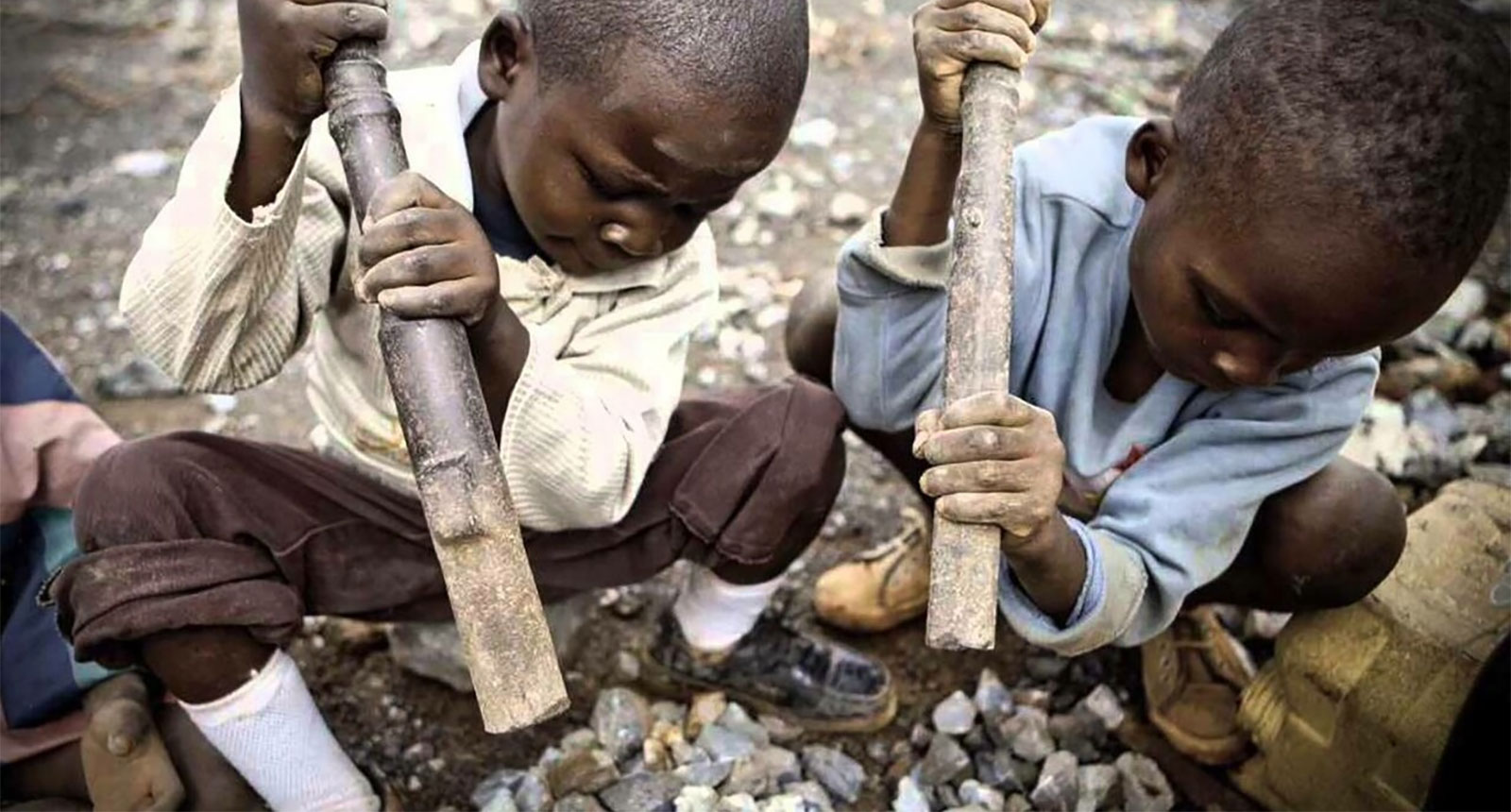
LCN calls for action to end child labour
6 days ago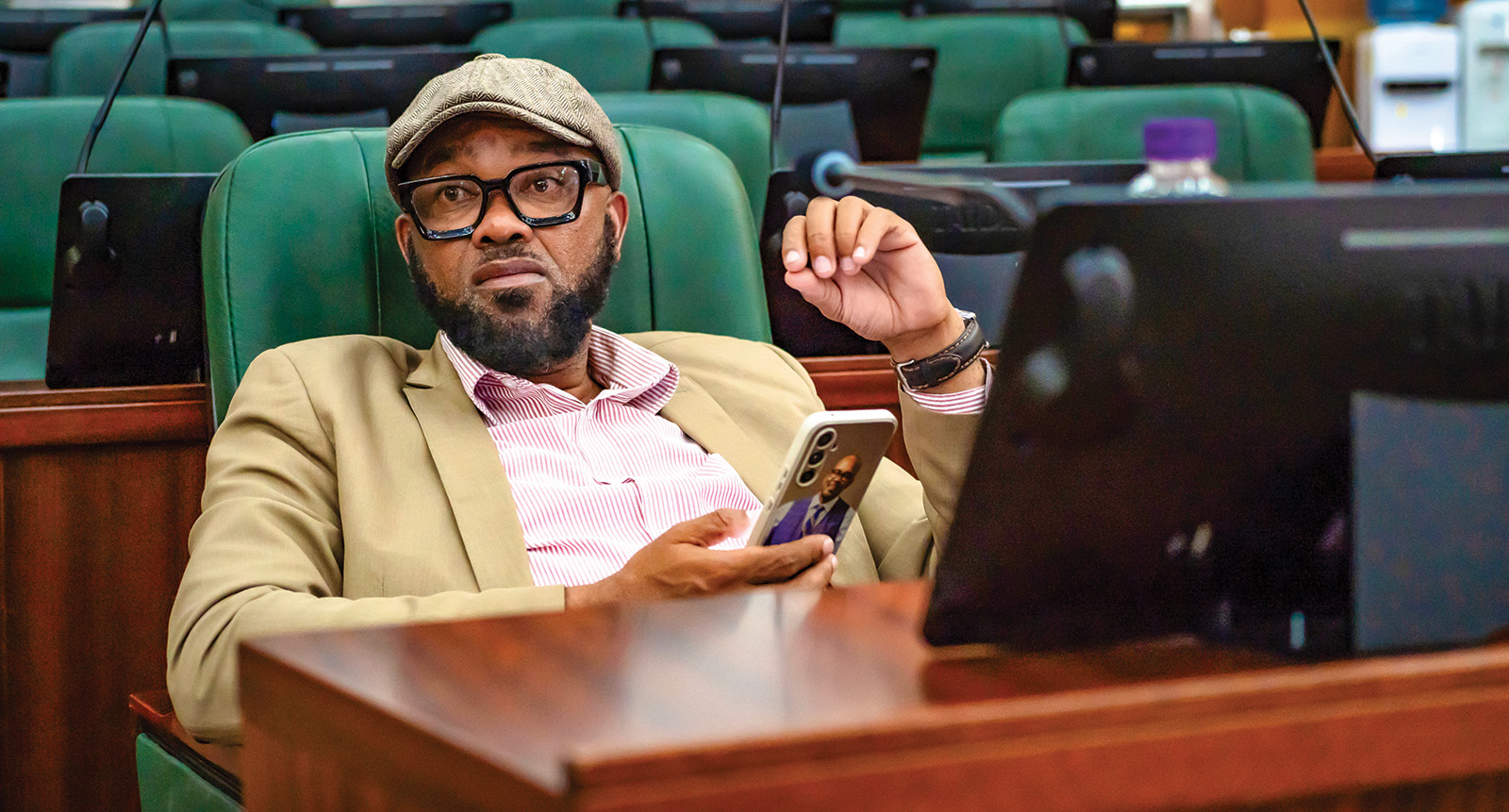
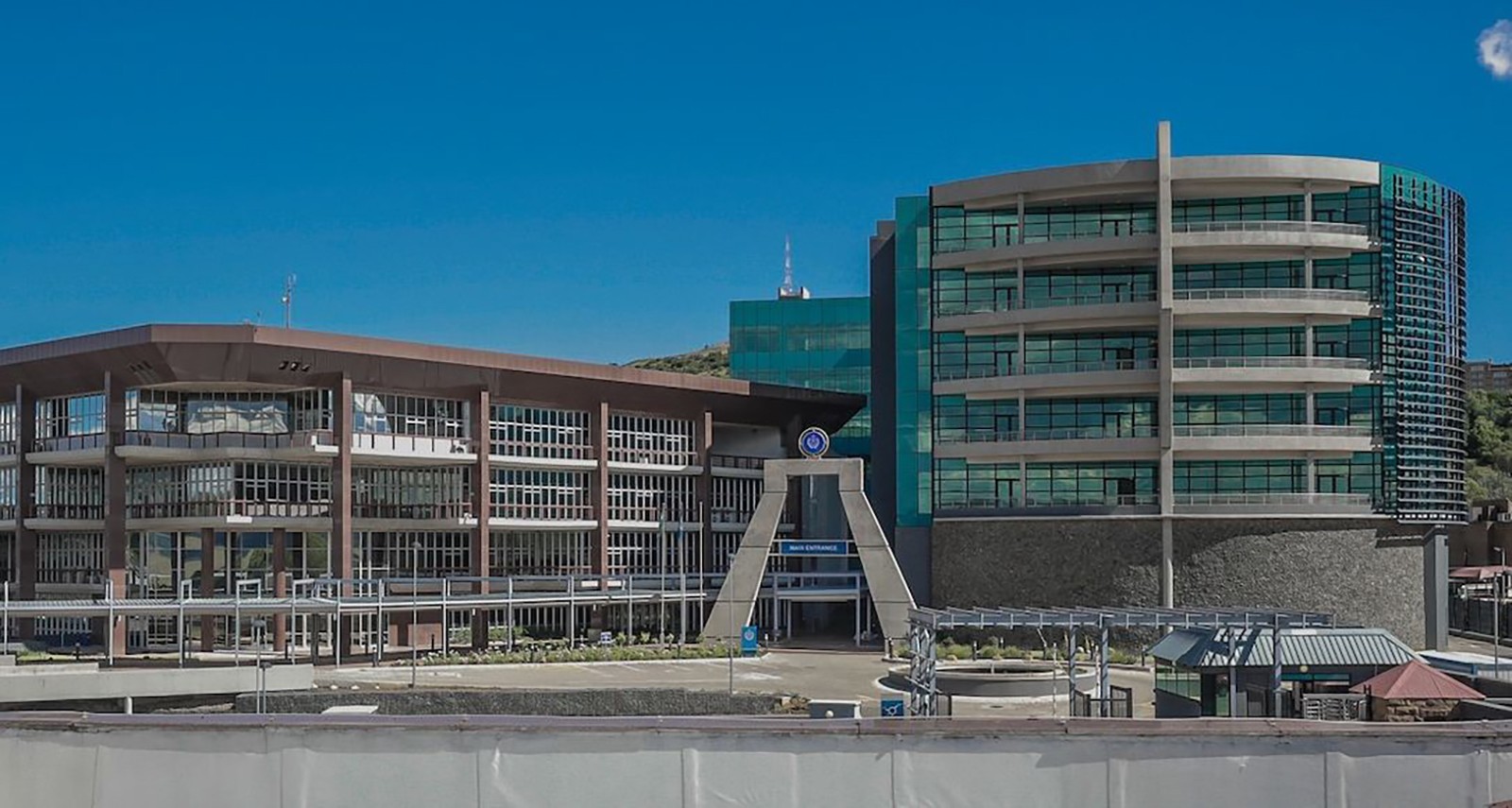
Economy contracts by 5.3% in first quarter
8 days ago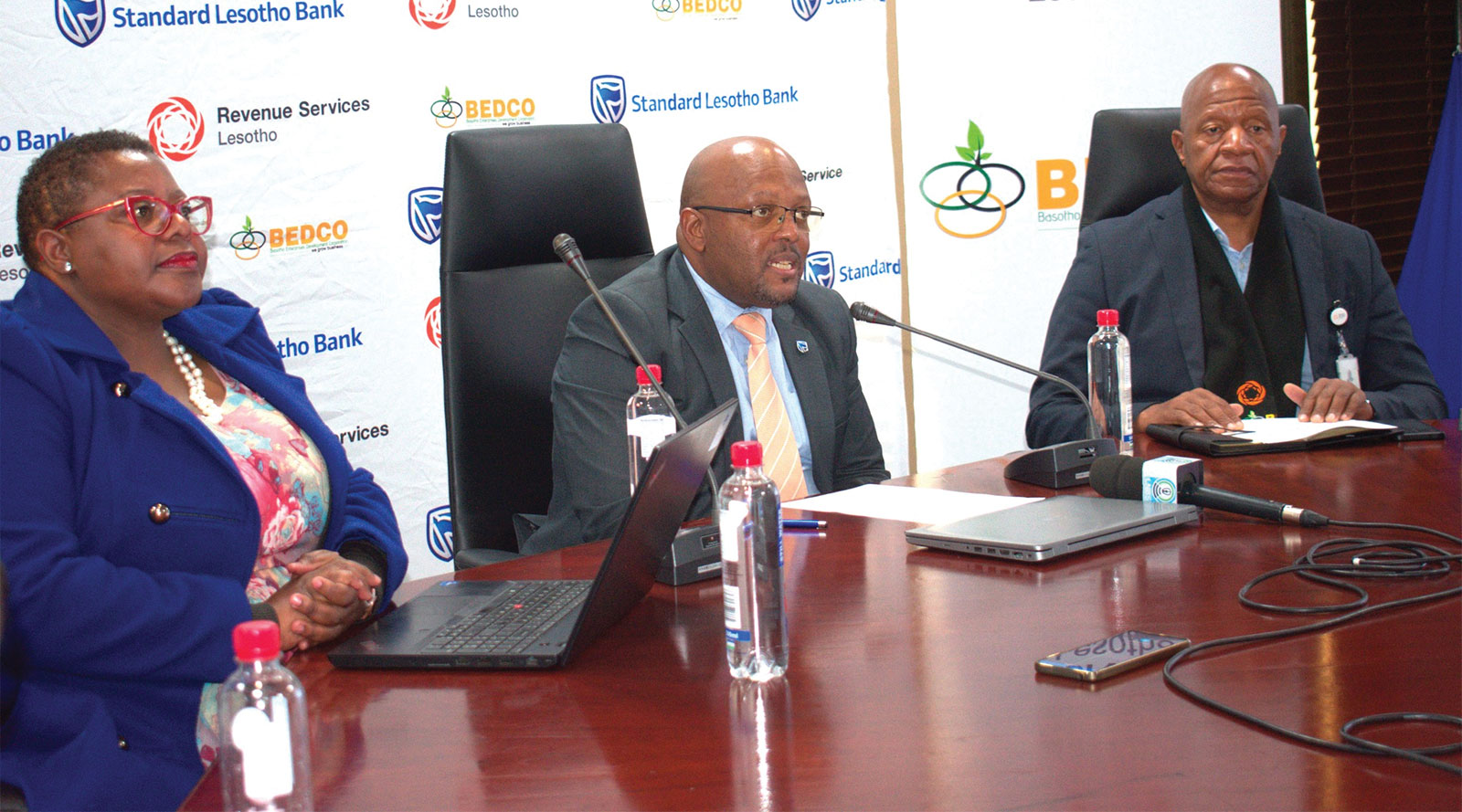
2025 Bacha Entrepreneurship Project launched
8 days ago
Hungry Lion workers down tools
9 days ago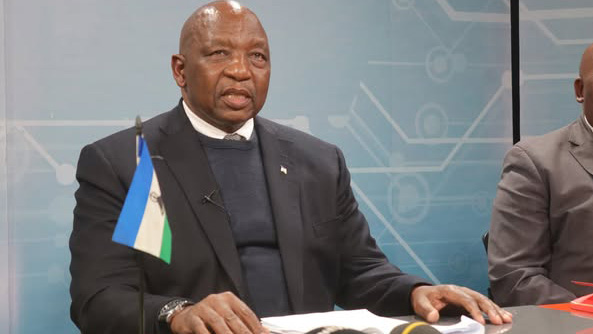
Govt to create 70k jobs for youth
9 days ago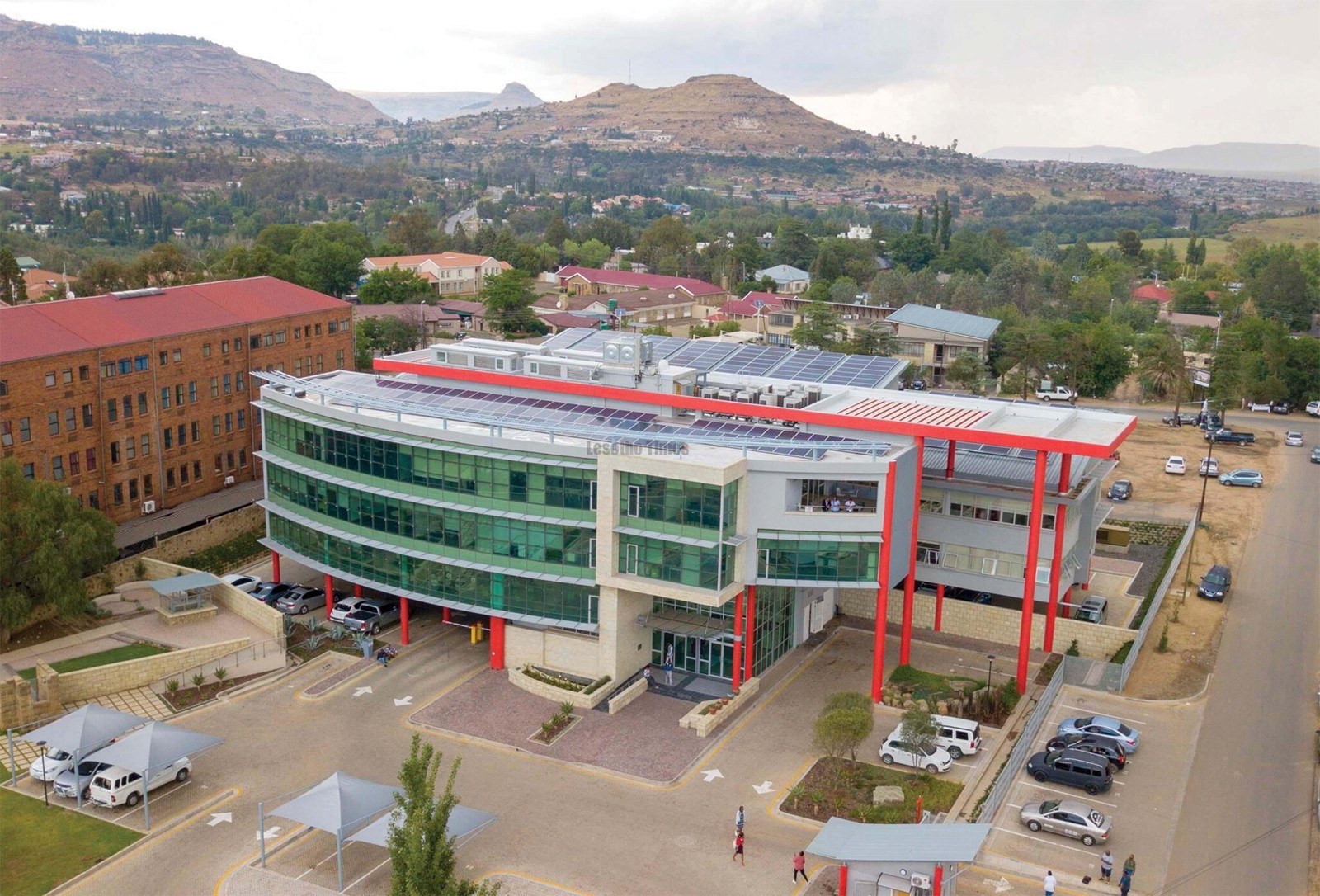
Vodacom scoops top awards
9 days ago
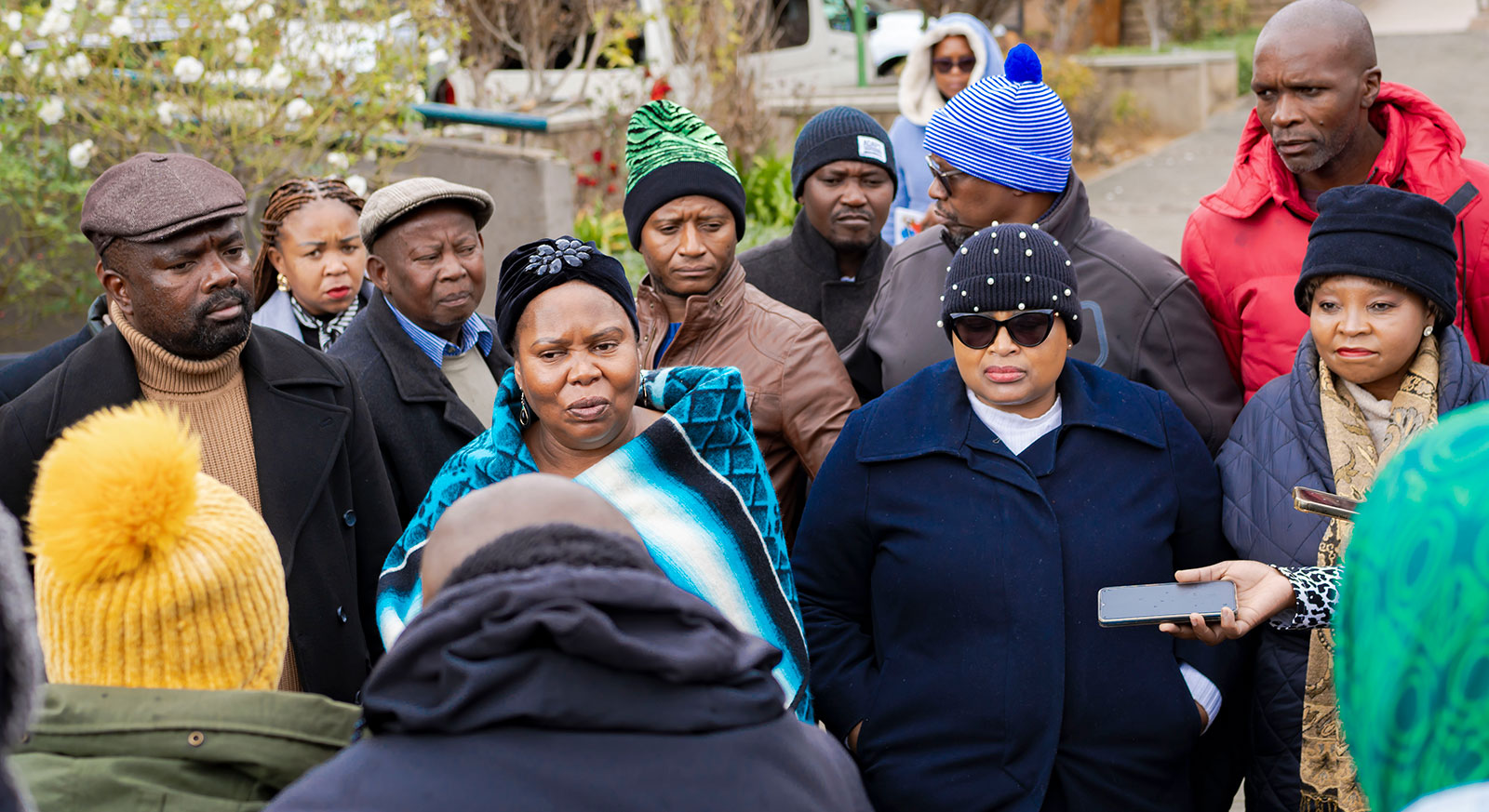
PAC rejoices as High Court dismisses LEC bid
10 days ago
Joy as Ntlholohetsane receives new classrooms
10 days ago